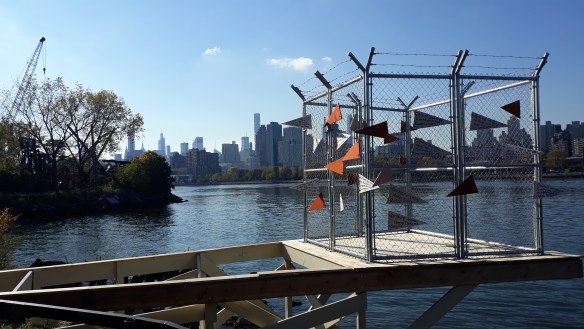One of my few strengths as a writer is dialogue. I rarely use an outline or definitive plan. Instead I focus on knowing the characters, watching them move and interact. Most important of all is knowing what their motivation is for the scene (why they there and what they want) as well as their background and relationship with the other(s).

I spend a great deal of time in thinking about how the scene starts, the exact lines and scene, and keep that moment in my head. It is almost like a moving snapshot – a gif as it were – that goes around and around, anxious to get out of the loop. And then I let them go and do what they want. At that point, it’s just a question of keeping up with what they say, basically transcribing as they go. They can get stuck, repeat themselves and run down blind alleys. It’s all a matter of trying to keep them on track.

The trick is to move ahead for as long as their voice stay strong. And when the momentum is gone, to step back a little and start again, like getting a car out of the muck, rock it back and forth until it’s back on track. Once the scene is done, it needs to be run through again a couple more times. Time is needed after that, a few days to do a proper edit, focusing on the structure and repetitions and that oh-so-impossible satisfying arc.


























